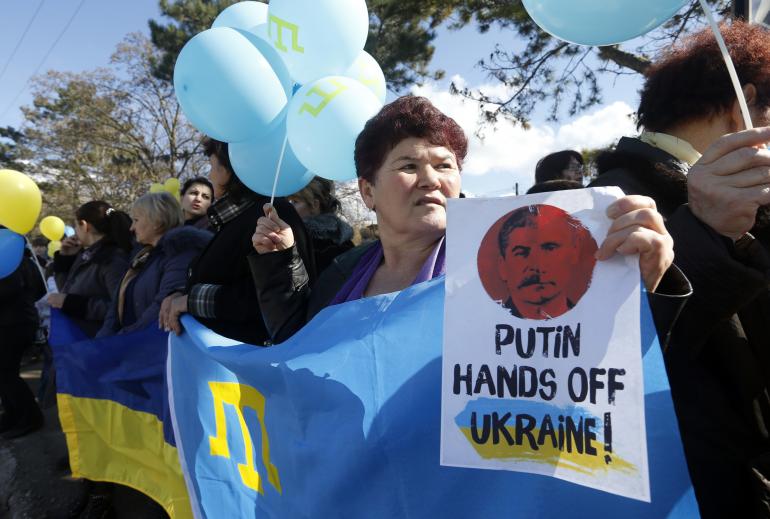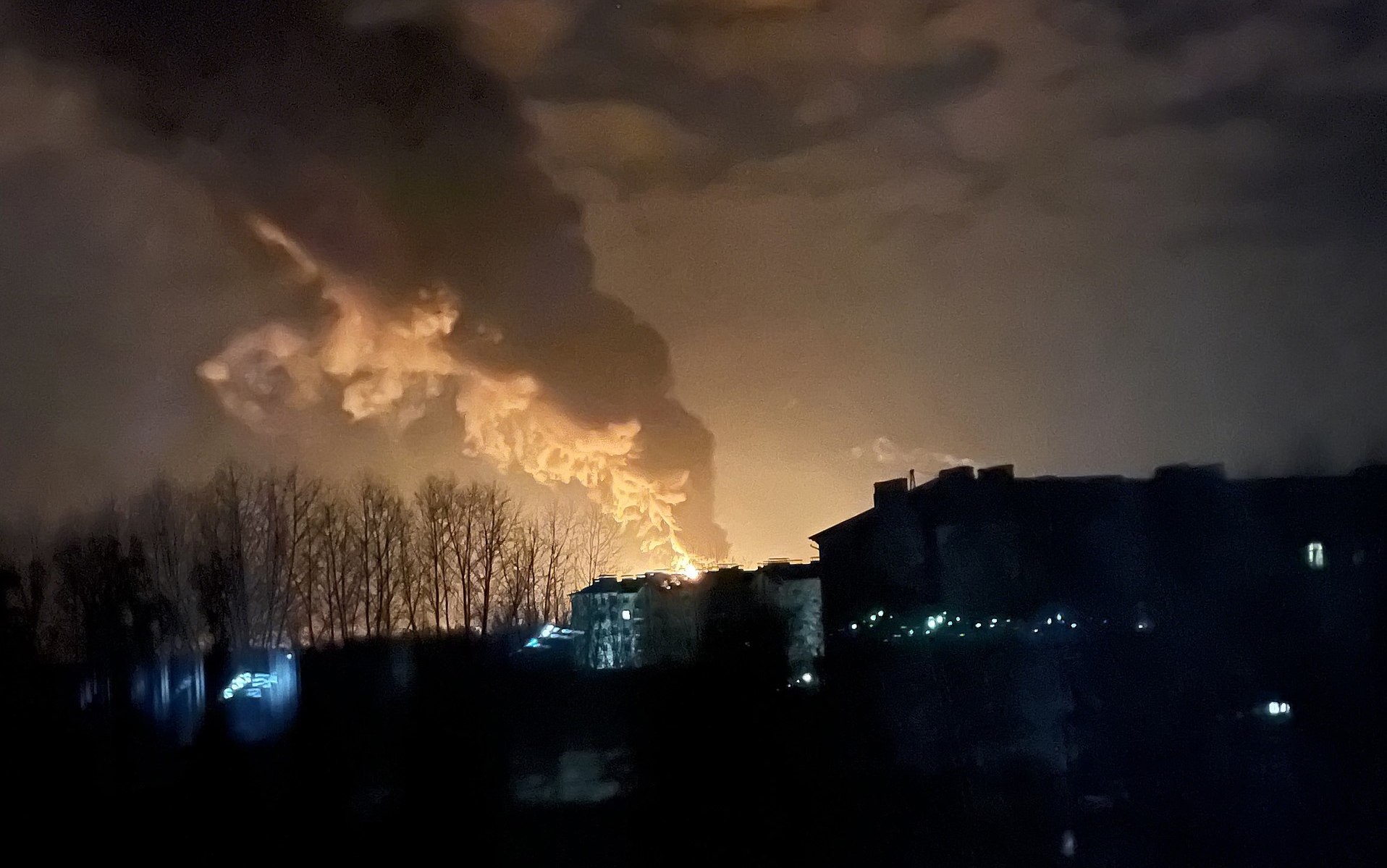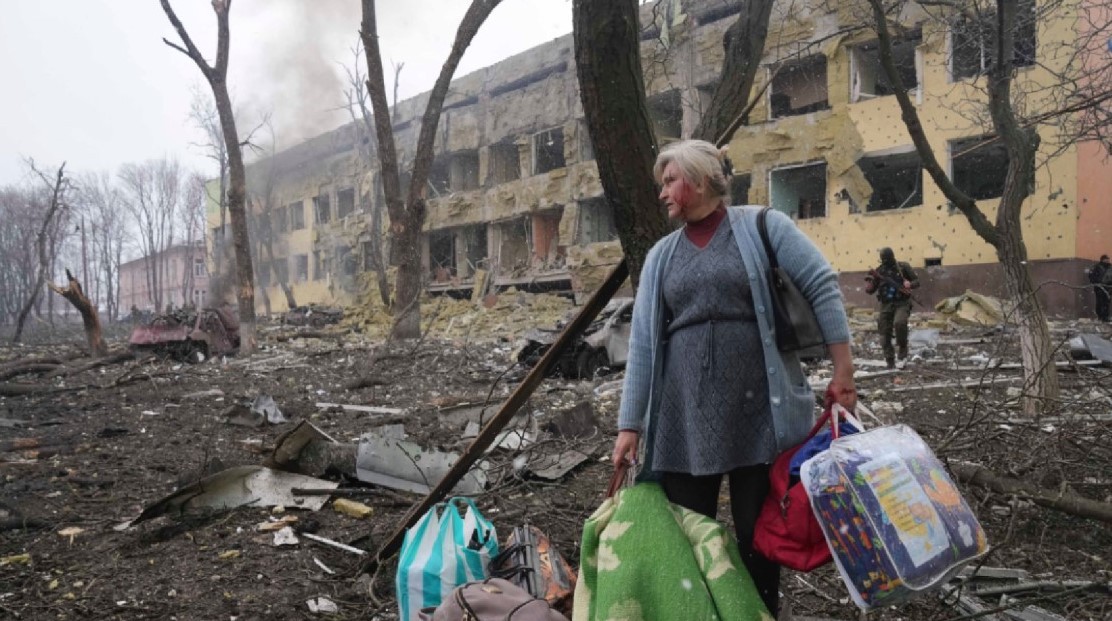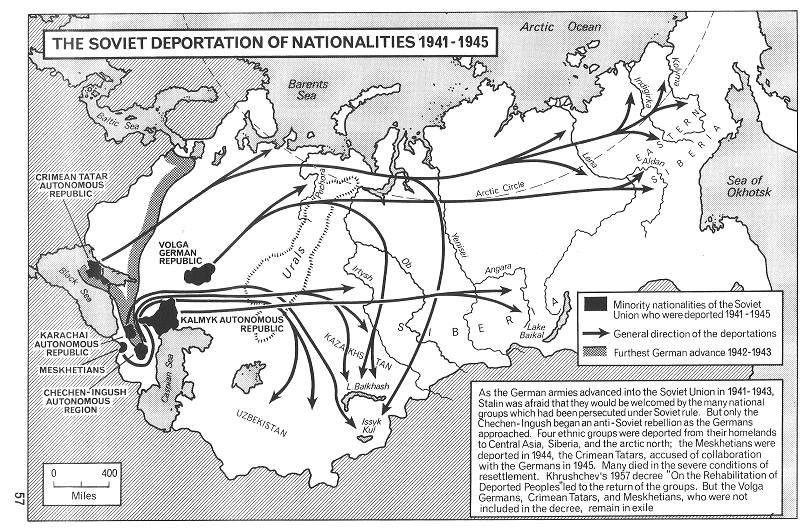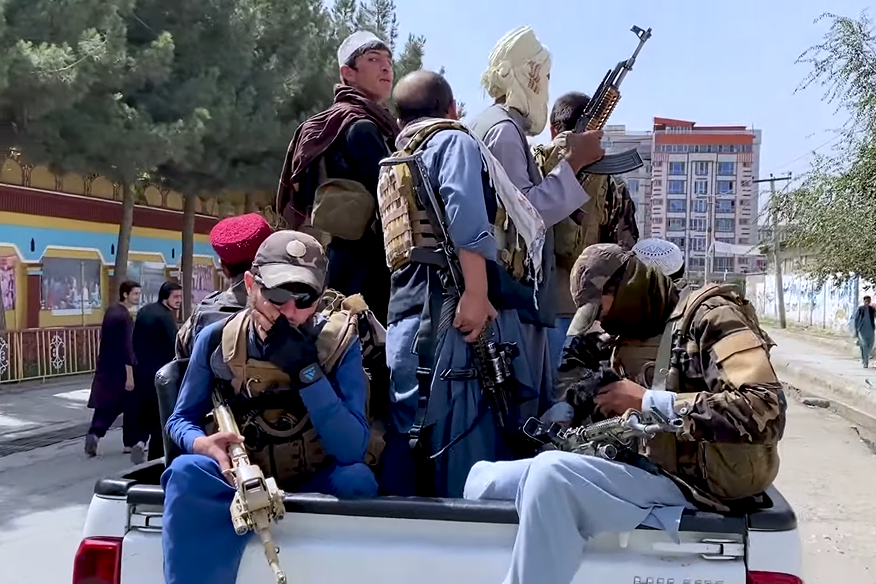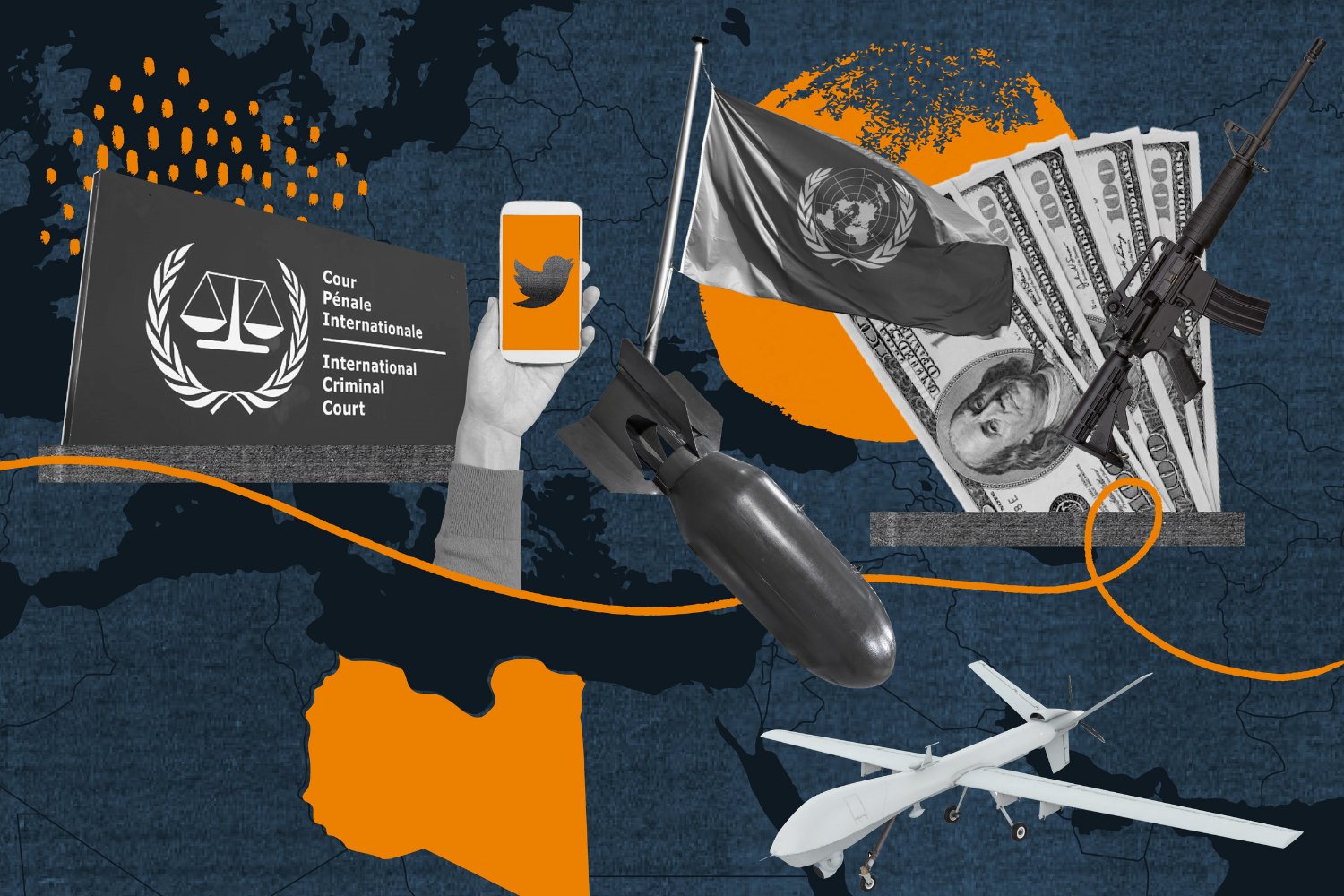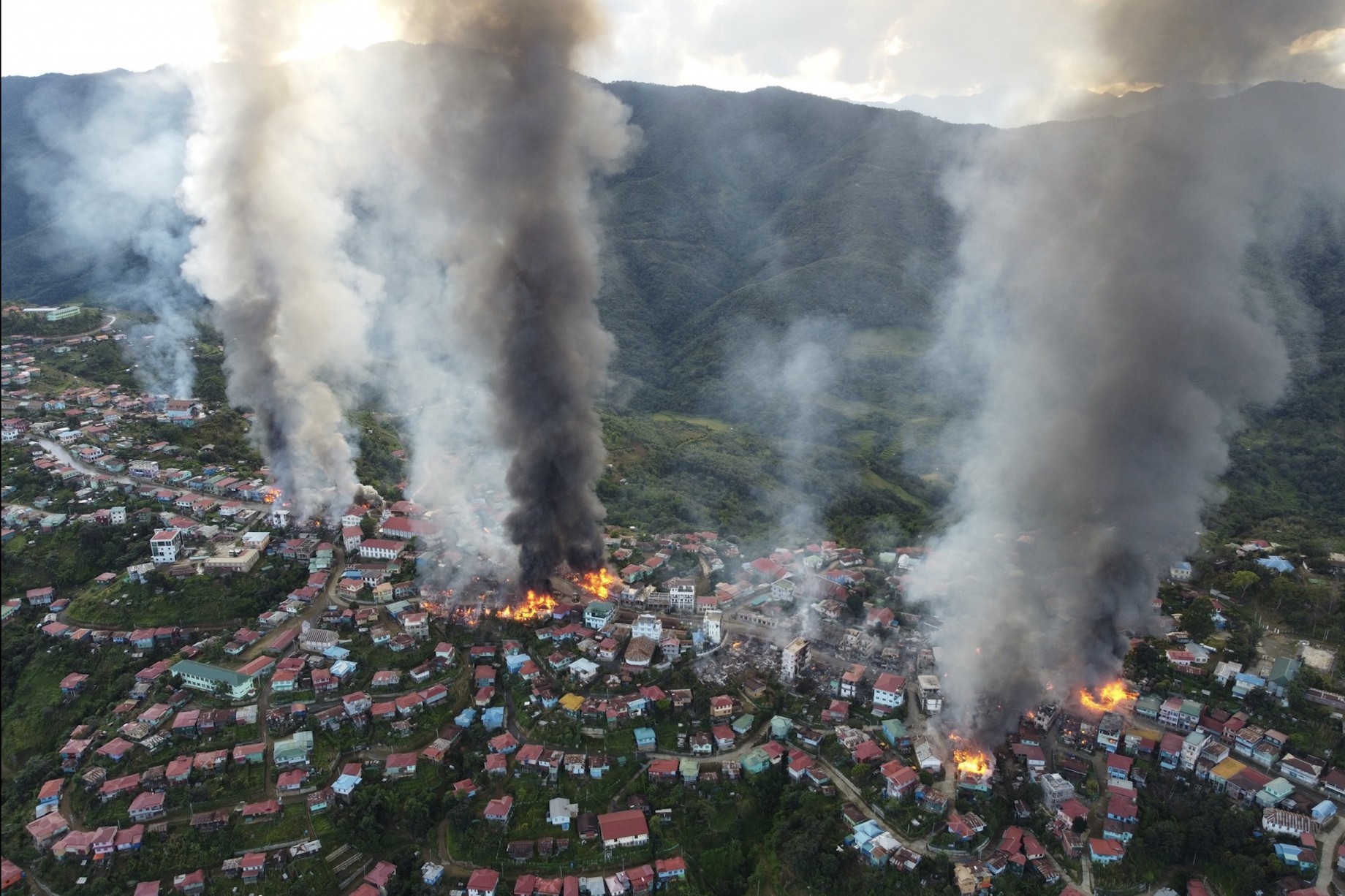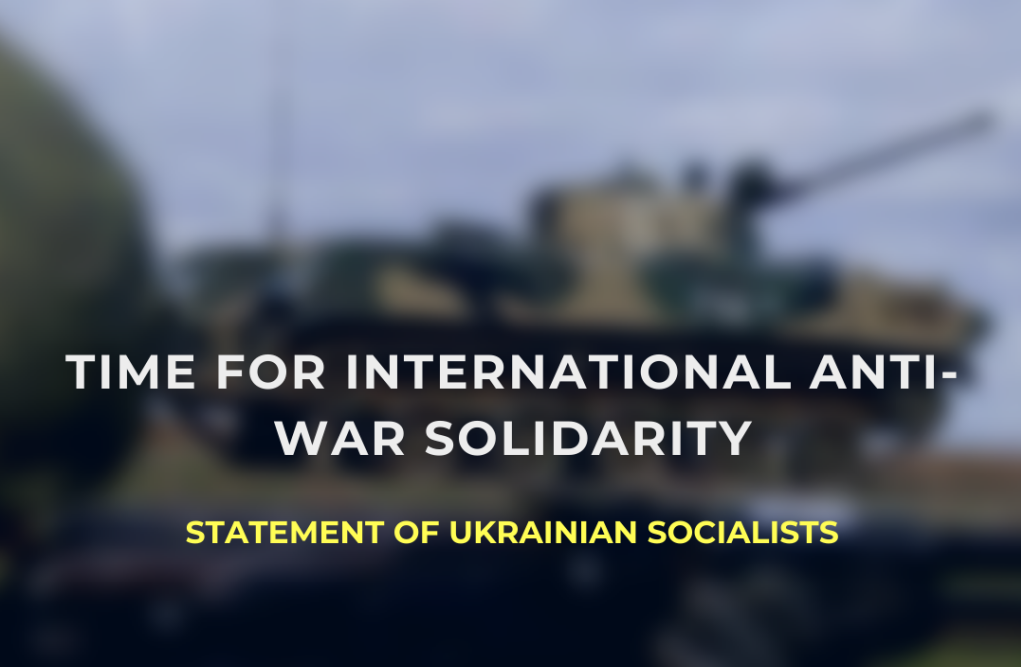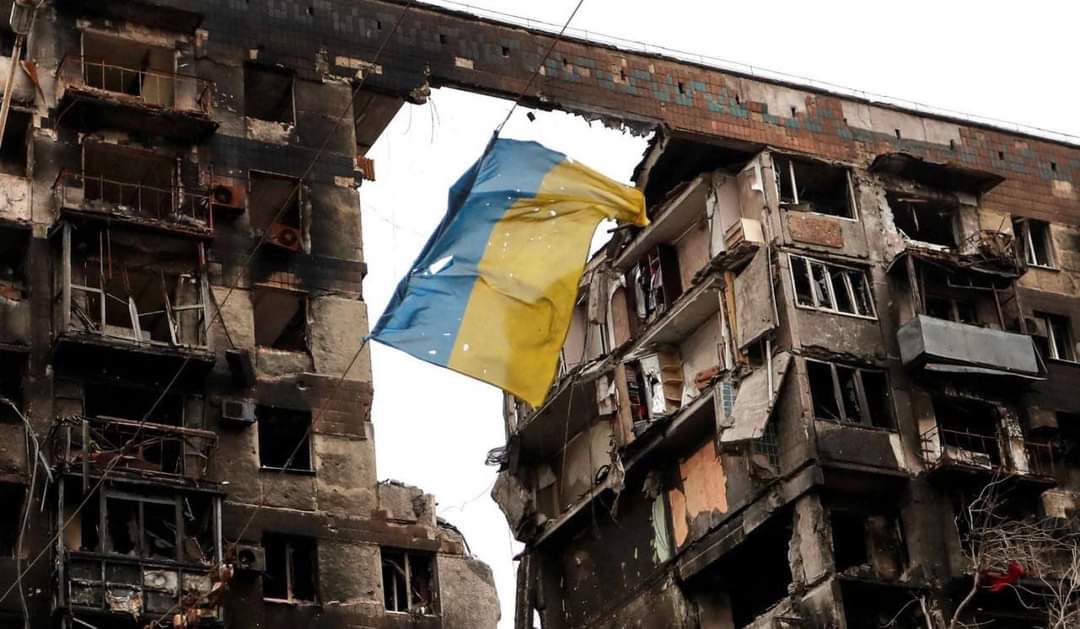
RUSSIAN GENOCIDE OF THE UKRAINIAN NATION
Russia’s unprovoked aggression against Ukraine has sparked a strong international reaction, with most states referring to the actions of the Russian army as war crimes. A number of parliaments and heads of state have recognized that yet another international crime—genocide—is being committed by the occupation’s troops. Poland’s parliament, the Sejm, was the first to pass a resolution in March, strongly condemning “acts of genocide…committed on the territory of sovereign Ukraine by the Russian Federation armed forces, together with its allies, at the behest of military commanders being under the direct authority of President Vladimir Putin.” Since then, especially after the infamous Bucha massacre, other parliaments have joined Poland in condemning Russia’s actions as genocide, including those of Lithuania, Estonia, Latvia, Canada, Czechia and Ireland. However, the International Criminal Court investigation has been slow to examine charges of genocide, and any binding action by the UN against Russia is effectively blocked by its veto on the Security Council. The dilemma is explored by Ukrainian law student Nastya Moyseyenko in a commentary for Jurist.
Continue ReadingRUSSIAN GENOCIDE OF THE UKRAINIAN NATION


